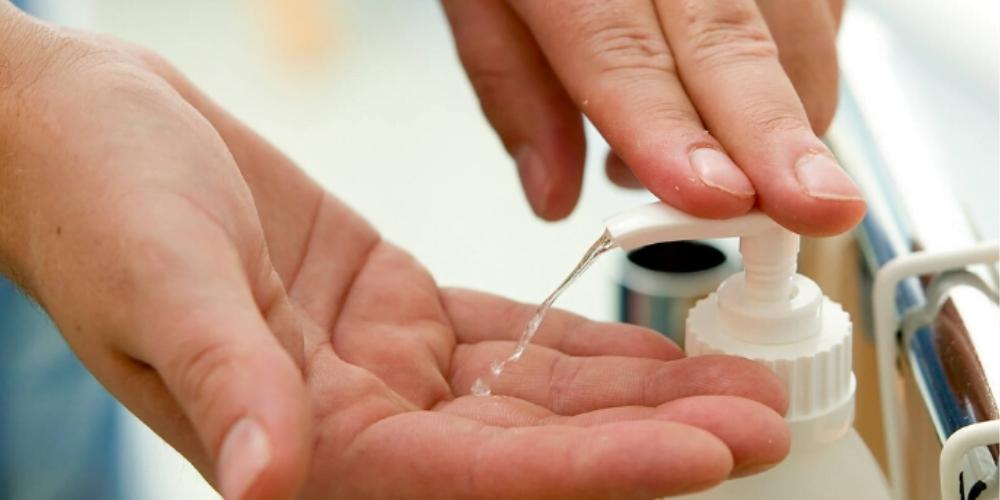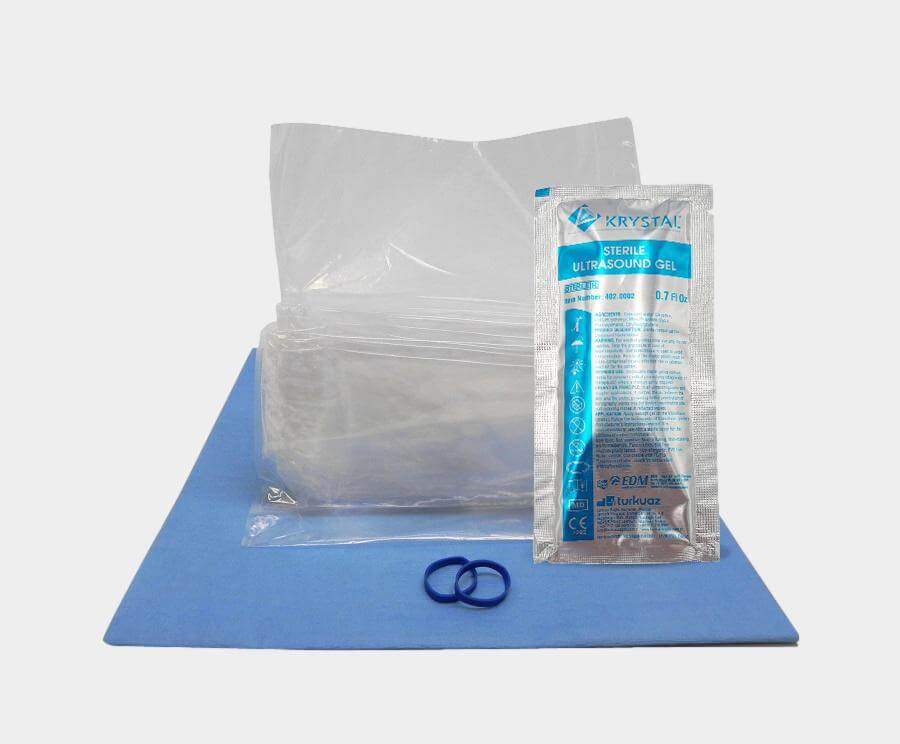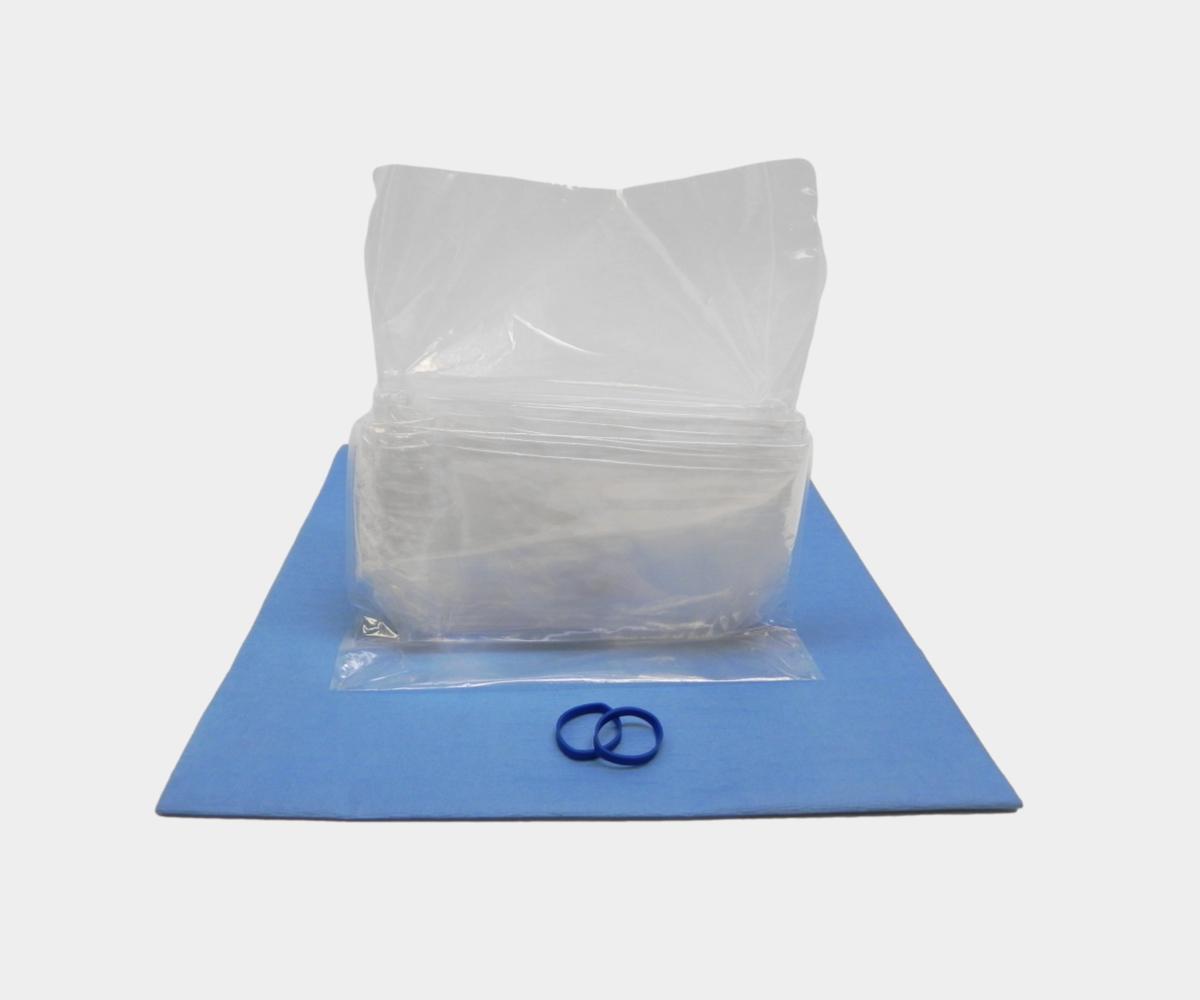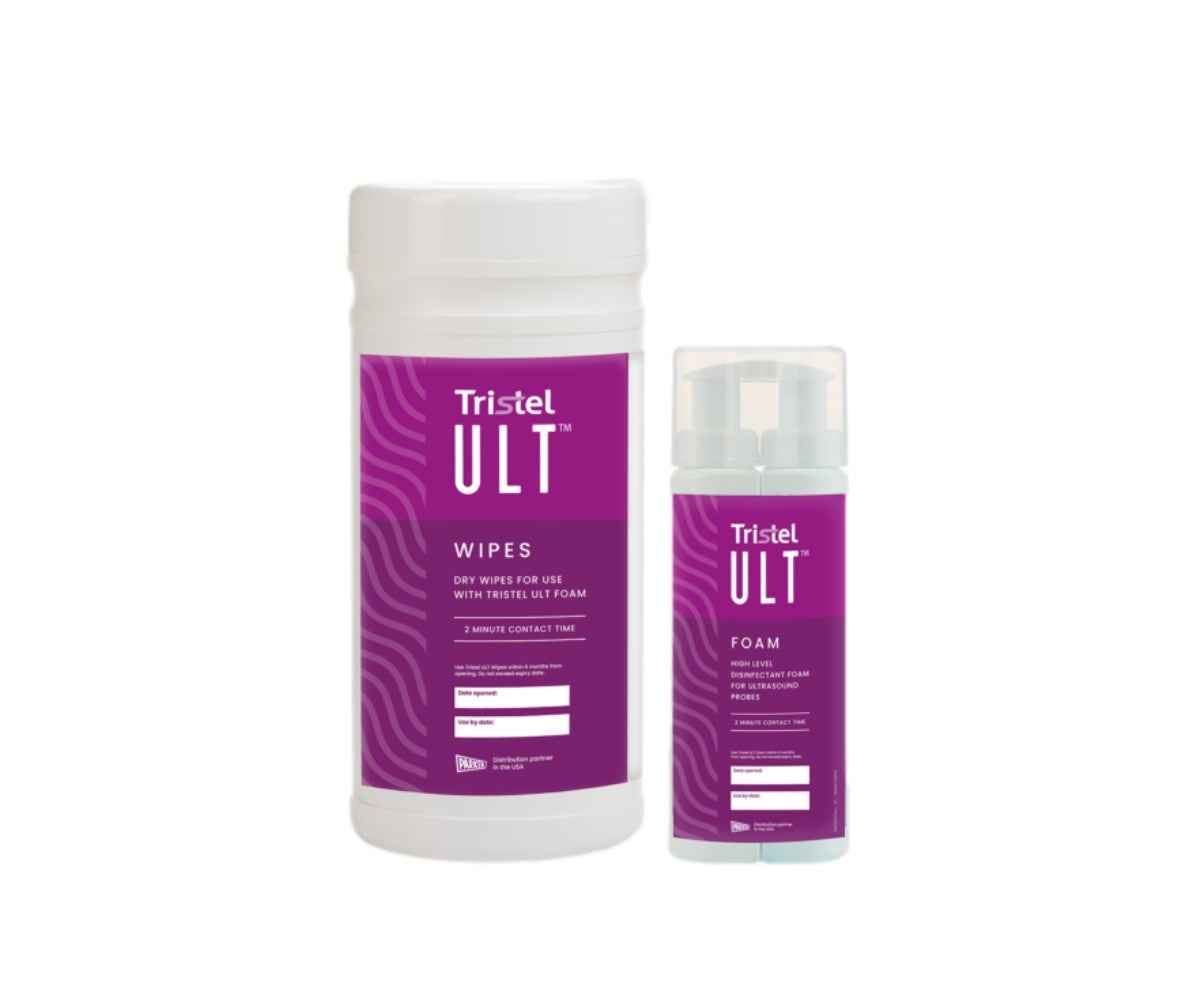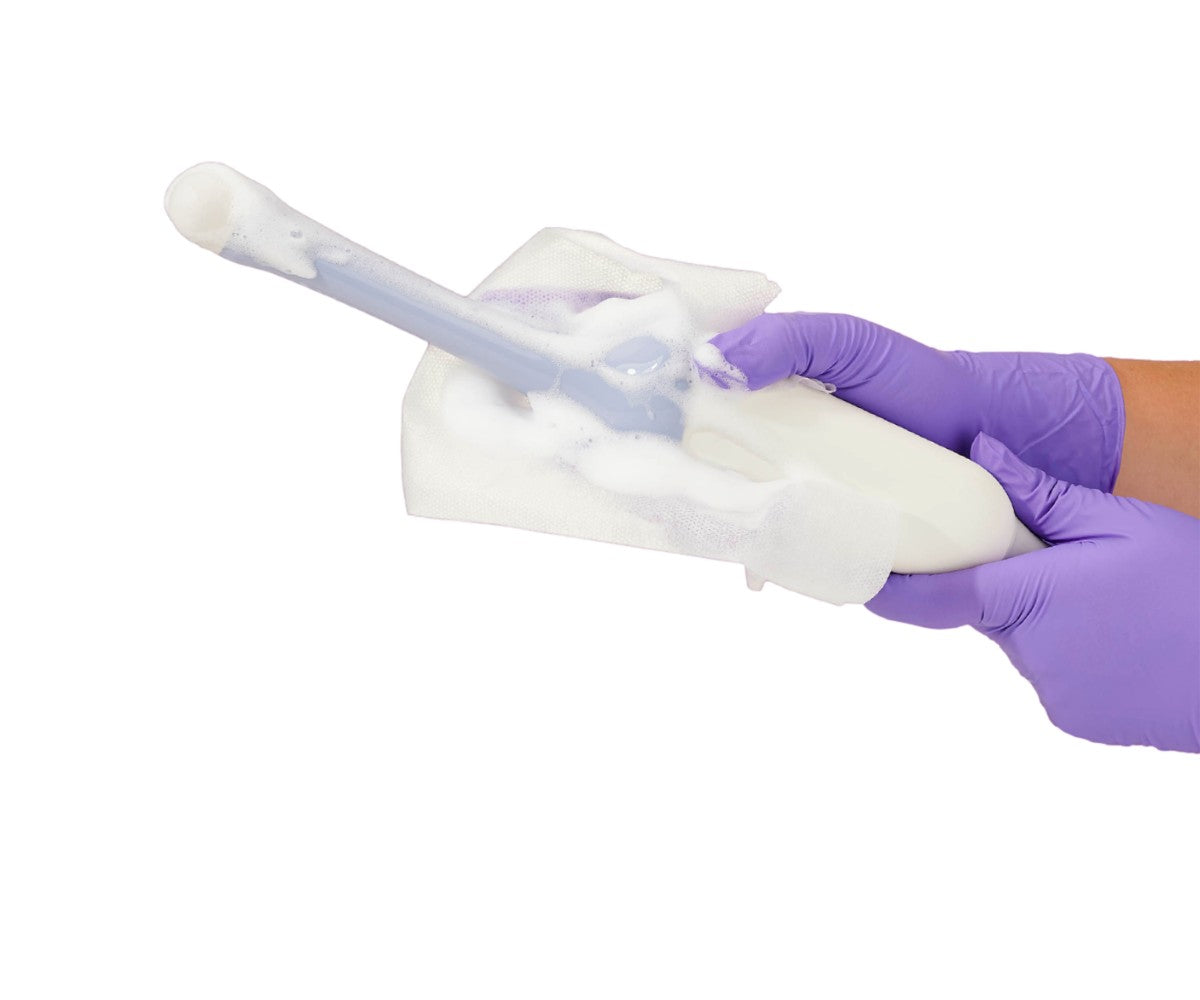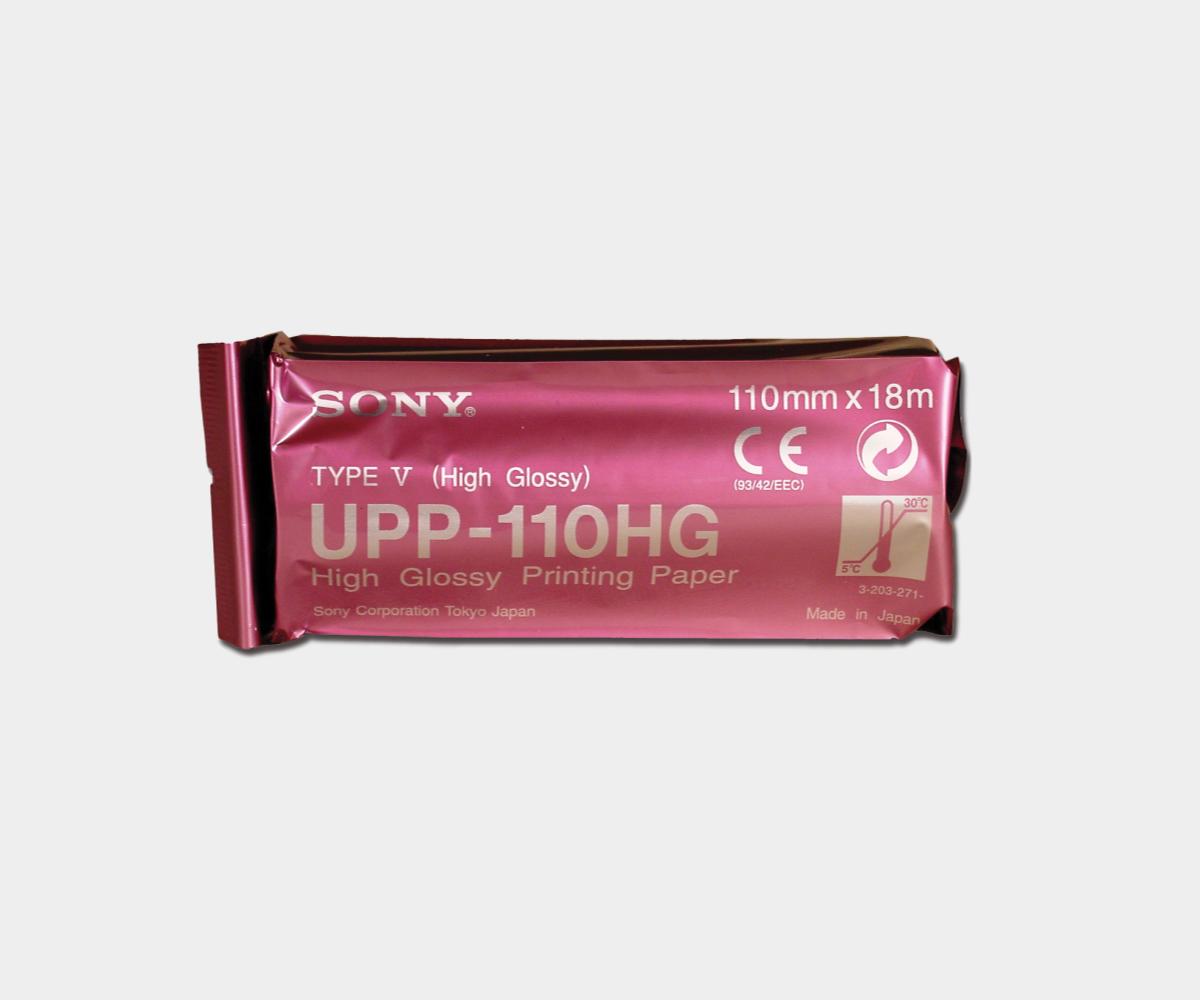| Anxiety surrounding the novel coronavirus 2019 (COVID-19) has been on the rise in the United States. The fears associated with the virus have led many people to buy hand sanitizer in an effort to protect themselves. This sudden high demand has led to shortages of hand sanitizer in stores and pharmacies throughout the US, including online retailers. As a result, some people have resorted to making their own. |
However, one should be careful about joining in on the DIY hand sanitizer trend. Medical experts are skeptical of the idea and some have gone as far as to caution against it.
Recipes for DIY hand sanitizer have been appearing all over the internet. The World Health Organization even has its own official guide on how to make hand sanitizer. It should be noted, however, that this guide was originally intended for populations that lack clean water or other medical-grade products.
If made correctly, the DIY hand sanitizer could be useful and sometimes even effective at killing bacteria. On the contrary, if made incorrectly, the solution could be harmful to users.
“I worry about people making their own sanitizer as it will be difficult to make sure that the concentrations are correct.” Daniel Parker, assistant professor of public health at the University of California, Irvine, told CNN in an interview.
The Centers for Disease Control and Prevention advises that hand sanitizer must have at least 60% alcohol content for it to be effective in the killing of bacteria.
As with store-bought hand sanitizers, any DIY version should also be kept out of the reach of young children. Ingesting hand sanitizer is a dangerous problem in the United States. A 2015 analysis conducted by the Georgia Poison Center revealed that poison control centers across the US saw a nearly 400% increase in calls related to children younger than 12 years old ingesting the product. Even small amounts of the solution – two or three squirts in some cases – can cause alcohol poisoning.
Furthermore, the solution found in store-bought hand sanitizers often have emollients to counteract the intensity of the alcohol on the skin. Unless you have similar emollients in your DIY solution, you could risk harming your hands, Sally Bloomfield, a professor at the London School of Hygiene and Tropical Medicine told the Guardian.
Soap and water still remain more effective than hand sanitizers in preventing the transmission of COVID-19. Professor Parker advises people to wash their hands thoroughly for at least 20 seconds. He also suggests individuals avoid touching their faces, regularly clean surfaces, and cover their mouths when sneezing or coughing.
Medical practices should use medical-grade disinfectants to prevent transmission of novel coronavirus 2019
Medical practices must have strict hygiene and disinfection protocols in place to prevent the spread of coronavirus 2019. The CDC suggests the disinfection of all reusable equipment with medical-grade disinfectants, such as the SONO ultrasound wipes for ultrasound equipment. Surfaces in medical environments, such as hospital emergency rooms, operating rooms, and clinics, should also be disinfected properly with solutions that can be used against novel coronavirus 2019, such as the Parker Protex disinfectant spray. To reduce the risk of COVID-19 as well as other healthcare-acquired infections, we offer a variety of disinfectant sprays and wipes that can be used on different kinds of equipment and surfaces in a medical context.
How is COVID-19 different from other coronaviruses such as SARS and MERS? Find out here.

